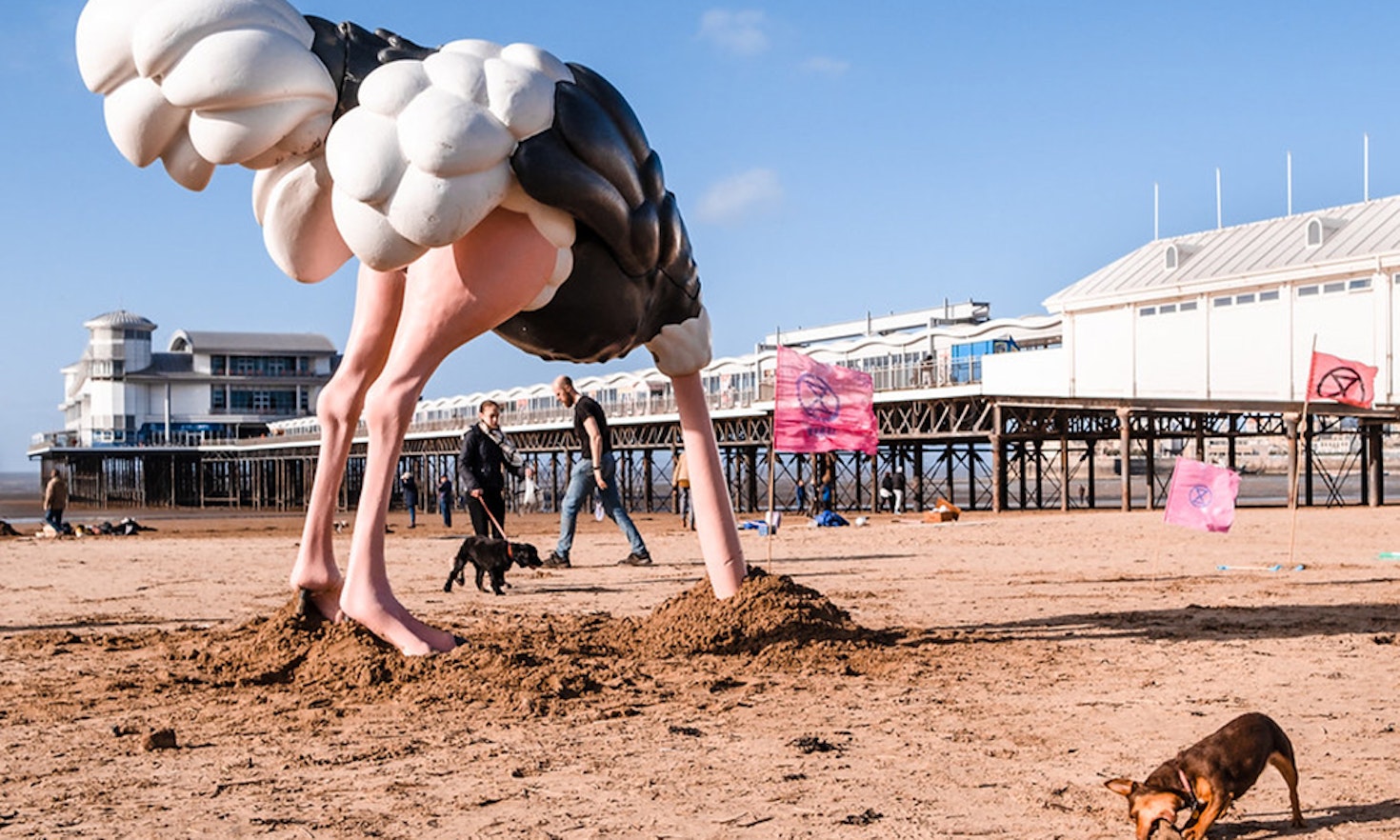Covid and Climate: A Tale of Two Crises

Covid-19 is like the climate crisis condensed, sped up and put on steroids. The root causes are the same, it affects us in the same ways and the principles of managing the crises are the same. It will take similar levels of government action and public engagement to ‘flatten the curve’ of both crises. The difference is that tackling the climate crisis will not lead to weeks spent trapped in quarantine. It will lead to cleaner air to enjoy, a fairer society and a more stable economy.
how did we get here?
The Covid-19 situation became a crisis when the virus began to spread uncontrollably across the globe. The mere existence of the virus, had it been contained, would not have posed the same problems. Governments failed to act quickly because state intervention goes against the mantra the world has been chanting since the 80s – that financial markets will steer decision making. Governments will only intervene when totally necessary. Only when the economy was threatened did governments ramp up their Covid response,with one US politician willing to sacrifice your grandma at the altar of the US economy. The flaw in this economic system is that it takes a catastrophic systemic shock for governments and international bodies to act. We have seen the same inaction towards the climate crisis for decades. And until climate Armageddon arrives on the shores of rich and powerful nations – and as long as our current economic model rules decision making – we will continue to see climate change as something far away, something that happens to other people, in other places.
Covid-19: the great equalizer?
While Covid-19 does not discriminate among its victims, our economic system does. This crisis has thrown into sharp relief the inequalities that fracture our societies. While a lucky few are able to continue working from home ‘as normal’ on full pay, others have lost their jobs or are forced to expose themselves to infection just to maintain an income. If you are infected, your chances of survival are far greater if you live in a country with universal, well-funded healthcare. Even in countries with the resources to provide such care, entrenched inequality – which runs along racial, class and gender fault lines – means many people have inadequate access to sanitation and healthcare.
Similarly, the climate crisis will disproportionately affect the most vulnerable in our global and local communities. In 2003, a heatwave killed 35,000 people in Europe – most of them sick or elderly. Drought, floods and changing rainfall patterns will leave millions across the world with no choice but to leave their land in search of another. A further 300 million are predicted to migrate due to rising sea levels, almost 50 times the number of asylum applicants in EU countries since 2008.
who will save us?
Meanwhile, the principles behind responding to the two crises are the same: listen to the experts, protect the most vulnerable, act together. While the Covid-19 response has arguably not gone far enough towards the latter two, it has at least emphasised the need to base decision making on evidence and not leave every decision to the will of the markets.
Attention has now turned to the economy with the EU announcing a 500 billion rescue package for the worst-hit EU countries. We cannot let financial aid be pumped back into the same economic system that allowed these crises to happen. We learnt that lesson post-2008. Private financial firms now control the financing of many of our key services (water, transport, education, housing, healthcare) leaving governments impotent, services deteriorating, and electorates exploited. The Covid rescue money has to be directed to new industries that will create jobs and training, especially in communities that have been gutted through de-industrialisation.
what now?
The Covid crisis reveals the hesitancy of governments to act on the climate crisis for what it is: a charade. We have the resources, the knowledge, the ability to affect bold, rapid changes. But as long as we continue to uphold and promote an economic system founded on the absurd principle of limitless exploitation – as if doctors had limitless reserves of energy, as if hospitals had limitless numbers of ventilators, as if the earth had limitless resources – we will return to the system which made these crises possible.
I am not the only one to think this. All over the world and all over the internet, groups of people are sharing information and ideas and are getting organised to fight for a fairer, cleaner, more prosperous post-Covid world. The world you step into when quarantine is lifted will be decided now.
So think about what you would like to change in a post-corona world. There are already people thinking the same. Find them online. Share your thoughts. Inspire others. Organise.
 | Jess Delves is a junior researcher at the Centre for Global Mountain Safeguard Research where her focus is on human-environment relations. Out of the office she can be found chilling, running or listening to podcasts somewhere in the mountains. |
Citation
This content is licensed under a Creative Commons Attribution 4.0 International license except for third-party materials or where otherwise noted.







